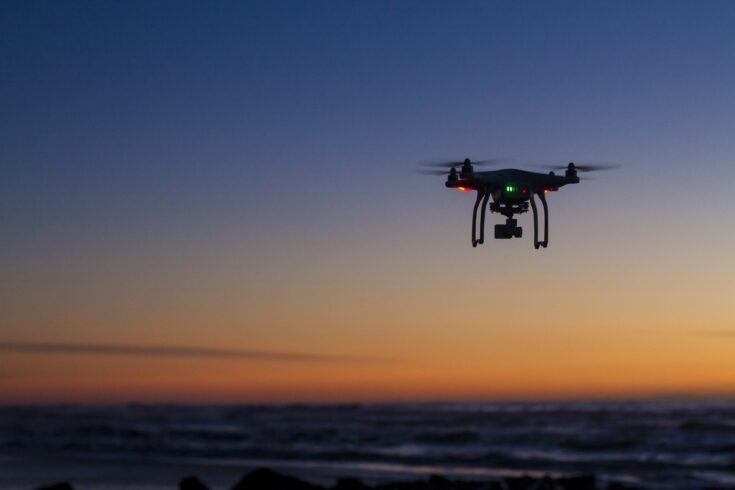Innovate UK is today (6 September 2021) launching a funding competition focusing on creating ambitious, real-world demonstrations for a new aviation system.
The competition is split into two strands: one to demonstrate the electric, autonomous air vehicles and one to develop systems to support their deployment.
Building on the success of the 2020 Phase 2 competition, this competition will focus primarily on the demonstration aspects of these novel air vehicles and systems. It closes on 3 November 2021.
Future flight challenge director Gary Cutts said:
For Phase 3 we’re looking for applications from across the aviation system and beyond to come together. Not just in consortium but sharing across projects to help create the third revolution in aviation.
This competition is open to all – there’s no need to have been involved with Future Flight before. With £65 million available, we’re looking for ambitious projects that could make a real difference to how we connect people, deliver goods and provide services.
Development and deployment
The funding competition is split into two strands. Strand 1 will focus on demonstrating novel air vehicles, and Strand 2 will focus on developing the systems to support the deployment of these vehicles.
Innovate UK on behalf of UKRI is looking to fund ambitious projects that will successfully integrate the technical, regulatory and social challenges necessary to prove these new modes of transport.
Proposals must demonstrate the operation of vehicles or enabling systems in a representative environment whilst meeting a viable and challenging use case.
Entry requirements
To be eligible, projects must:
- have total eligible costs between £500,000 and £15 million
- start on 1 April 2022
- end by 31 March 2024
- last between 12 and 24 months
- carry out its project work in the UK
- intend to exploit the results from or in the UK.
To lead a project, an organisation must:
- be a UK registered business of any size
- be or involve at least one UK registered SME
- collaborate with other UK registered businesses, academic institutions, charities, not-for-profit, public sector organisations or research and technology organisations (RTOs).
Current developments
This comes less than a month after the Future Flight challenge published its vision and roadmap setting out how zero emission air travel within and between British cities could be commonplace within a decade.
It also comes less than two weeks since aviation company Ampaire launched a hybrid aircraft pilot in Cornwall with the help of £2.4 million from the Future flight challenge.
Further information
Future flight
The aviation system of the future needs more than just aircraft. The world is shaping up for a third revolution in aviation, one that sees greener, more flexible ways to fly. The Future Flight challenge is a £300 million programme designed to secure the UK’s position at the front of the revolution.
The challenge aims to transform how we connect people, deliver goods and provide services by speeding up the acceptance of these innovative ways and bringing them into use safely and practically. By combining control and regulation with infrastructure and aircraft systems to create new operating models, the challenge is creating the aviation system of the future.
For more information, go to Future flight challenge: UKRI.

